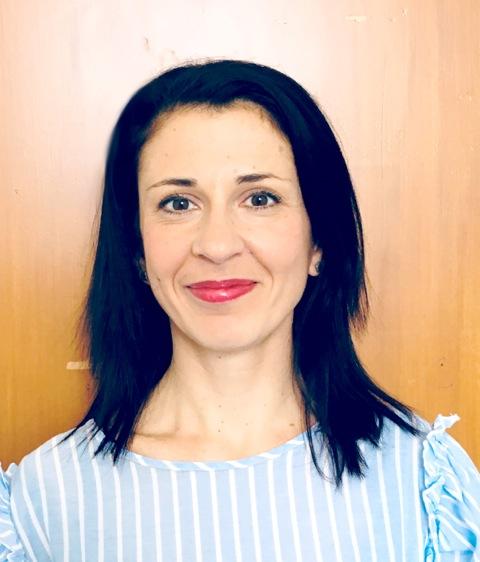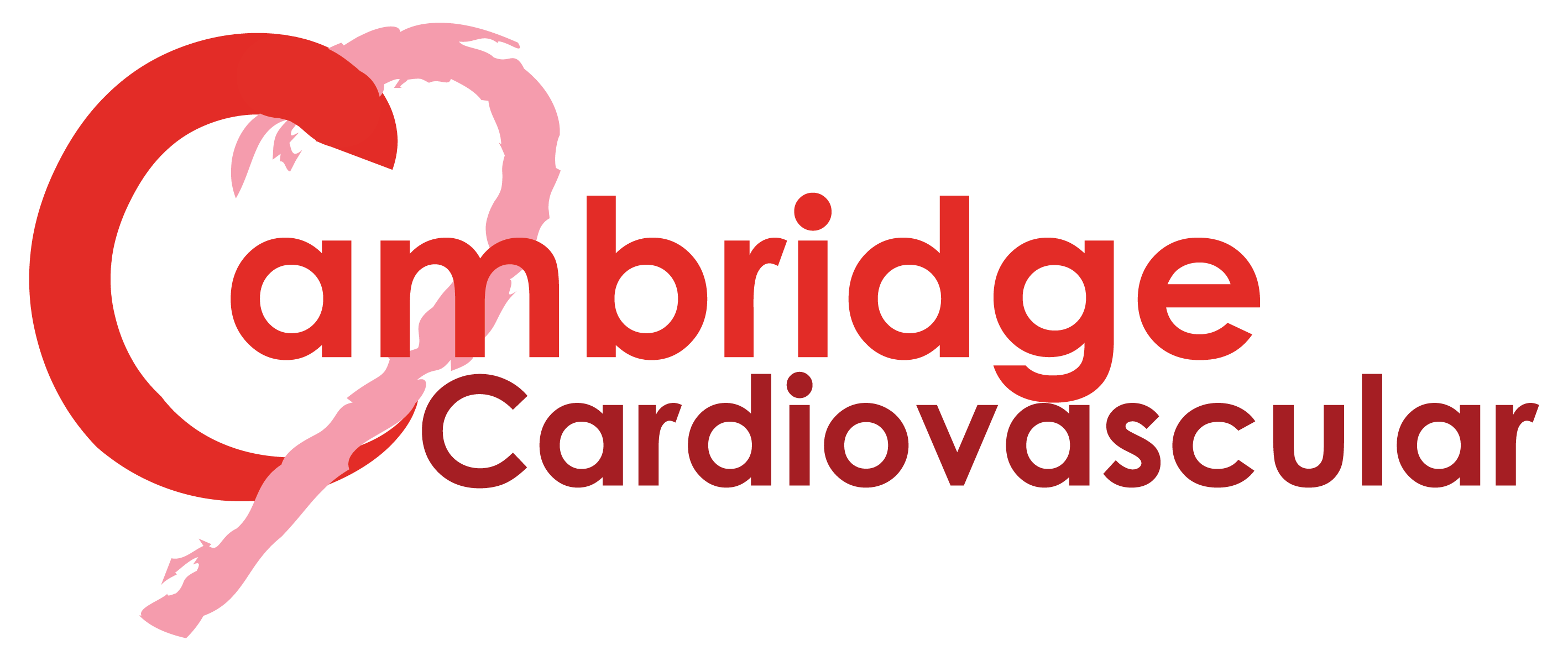
Submitted by Administrator on Wed, 12/06/2019 - 08:33
Dr Alessandra Granata (Clinical Neurosciences) has been awarded a 3-year research fellowship by the Medical Research Foundation (MRF) to study stroke in young adults. The award is the result of a one-off funding call by the MRF to increase understanding of the disease mechanisms underpinning stroke in young adults and to improve their treatment and post-stroke recovery.
While overall stroke incidence has been declining in the UK, stroke in young adults (<45 years) is continuing to increase. A quarter of all strokes now happen in young adults, with devastating effects for the individuals and their families. Young adults may not present traditional stroke risk factors, such as high blood pressure and diabetes, and the causes of their stroke are mostly unknown. Because of this, no treatments have been developed specifically for young onset stroke.
Stroke caused by mutations in a single gene appear to be much more common in young adults than in the general population. The most common type of these mutations leads to cerebral small vessel disease (SVD) that affects the small penetrating blood vessels in the brain and causes young onset lacunar stroke.
Dr Granata says: "What interested and drove me to this research is how little we know about SVD. This disease has been understudied for years because it is difficult to study in human and there are no good disease models available in the lab. Only now we have started to appreciate the important role that SVD has in the cognitive impairment and dementia."
Dr Granata leads the translational research team within Prof Hugh Markus's stroke research group. Dr Granata's team uses skin biopsies from stroke patients recruited by the Cambridge Stroke Unit to generate stem cell lines, and has established a disease model to study SVD in the laboratory.
Her team will next create brain blood vessel models for different SVDs (CADASIL and CARASIL are the most common forms) and will use these models to study how mutations in different genes give rise to the same disease by identifying common disease pathways. Insights from these studies will help increase our understanding of the SVD pathogenesis and identify new drug targets for the prevention and treatment of stroke.




